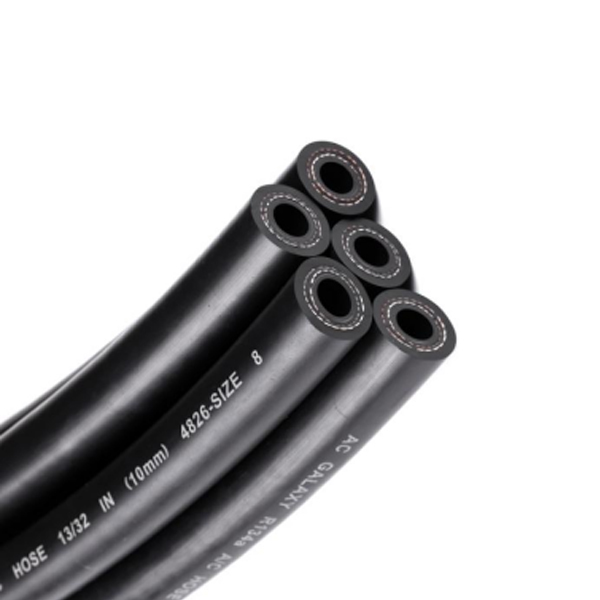Soft Fuel Pipeline Innovation and Its Impact on Energy Sustainability
Oct . 22, 2024 07:23 Back to list
Soft Fuel Pipeline Innovation and Its Impact on Energy Sustainability
Understanding the Importance of Soft Fuel Lines in Automotive Applications
In the realm of automotive engineering, every component plays a critical role in ensuring the optimal performance and safety of vehicles. Among these components, soft fuel lines are often overlooked yet are fundamental to the effective functioning of fuel systems. These flexible tubing systems serve a crucial purpose, and understanding their importance, characteristics, and maintenance can enhance vehicle safety and performance.
What Are Soft Fuel Lines?
Soft fuel lines, typically made from rubber or similar elastomeric materials, are designed to transport fuel from the tank to the engine. These lines are engineered to withstand varying temperatures and pressures, providing flexibility that allows them to accommodate the engine's movements and vibrations during operation. Unlike hard fuel lines, which are often made of metal or rigid plastic, soft fuel lines can easily bend and flex, making them suitable for the complex layouts found in modern vehicles.
Key Benefits of Soft Fuel Lines
1. Flexibility and Adaptability One of the primary advantages of soft fuel lines is their ability to bend and adapt to different configurations. This flexibility allows for easier installation in tight spaces, facilitating the design of compact fuel systems in today's vehicles, where space is often at a premium.
2. Vibration Absorption Vehicles generate a fair amount of vibration when in operation, a challenge for fixed structures. Soft fuel lines can absorb these vibrations, minimizing the risk of cracks or leaks that could occur in more rigid fuel line systems. This resilience contributes significantly to the durability of fuel lines and promotes a longer lifespan.
3. Resistance to Fuel and Environmental Conditions High-quality soft fuel lines are designed to resist the corrosive nature of fuels and prevent degradation over time. They are also manufactured to withstand extreme temperatures and environmental conditions, ensuring that they maintain their integrity even when exposed to fuel variations and harsh climates.
soft fuel line

Maintenance and Inspection
While soft fuel lines are crucial for performance, they require regular inspection and maintenance to ensure safety and reliability. Over time, exposure to fuels, heat, and environmental factors can lead to wear and tear. Signs of aging include cracking, swelling, discoloration, or leaks. Vehicle owners should check their fuel lines during routine maintenance services and replace any compromised sections promptly.
Additionally, it is vital to use fuel lines that comply with the relevant standards and specifications for the vehicle's model. Using substandard or incorrect materials can lead to catastrophic failures, including fuel leaks or fire hazards.
The Future of Soft Fuel Lines
As automotive technology continues to evolve, so too are the materials and designs used in soft fuel lines. With the advent of electric vehicles (EVs) and hybrid systems, new materials that are lightweight and offer even greater flexibility are being developed. Innovations like fluoropolymer and reinforced silicone are increasingly popular, as they promise better performance in varied temperature conditions while maintaining resistance against chemical degradation.
Furthermore, with the push towards more sustainable automotive solutions, manufacturers are examining eco-friendly materials for soft fuel lines that do not compromise performance while reducing environmental impact.
Conclusion
In summary, while often taken for granted, soft fuel lines play an essential role in the overall performance and safety of vehicles. Their flexibility, vibration absorption, and resilience to fuel and environmental conditions make them indispensable components of modern automotive systems. Regular maintenance and careful material selection are crucial to ensuring their longevity and effectiveness. As the industry continues to innovate, soft fuel lines are set to become even more robust and efficient, supporting the evolving landscape of automotive technology. Whether you’re a manufacturer, a technician, or an everyday driver, understanding the importance of these components contributes to safer and more reliable vehicles on the road.
